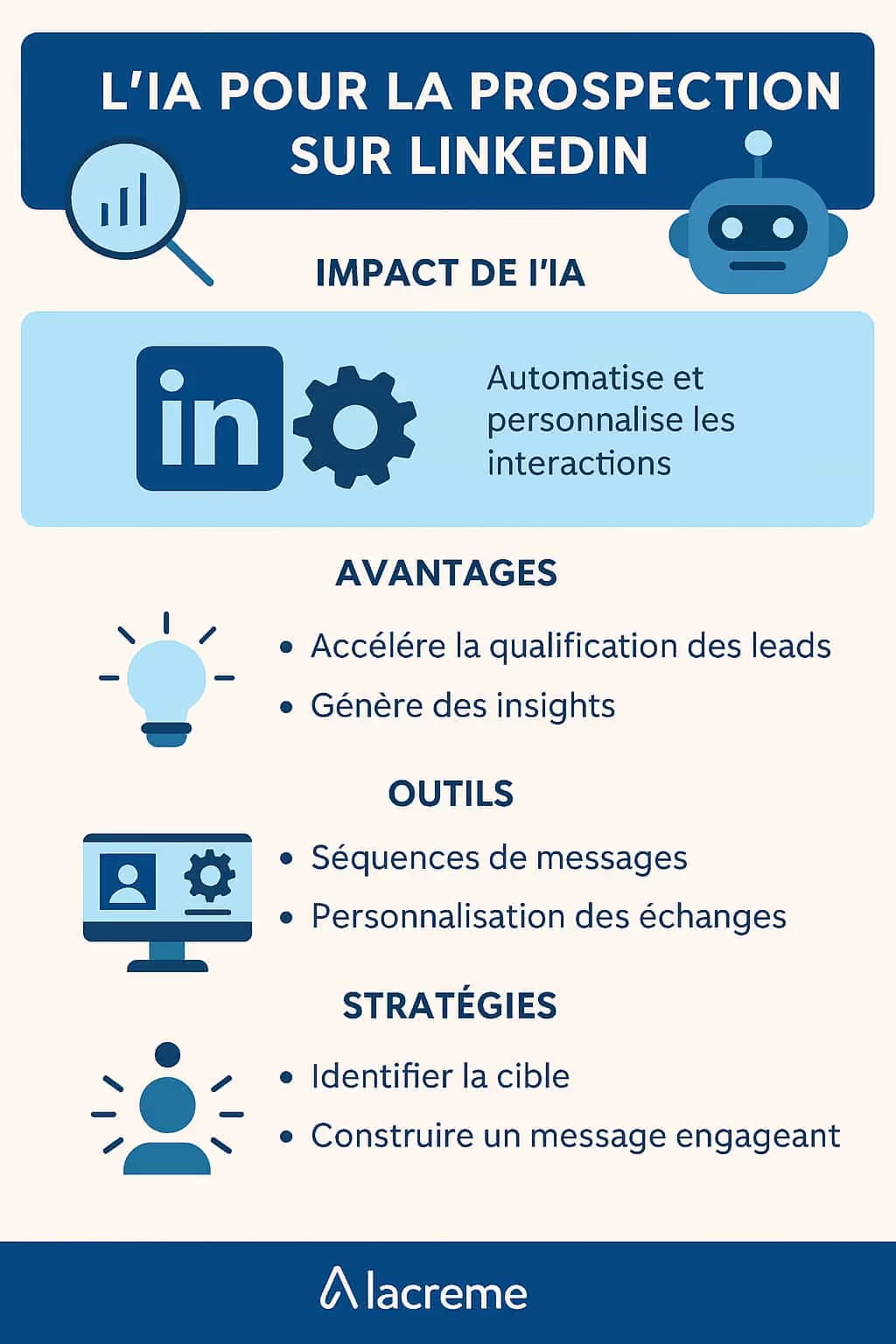The foundations of AI in the domestic context
Artificial intelligence (AI) in the residential sector is based on the capacity of connected systems to simulate human intelligence. This includes machine learning, decision making, and the ability to interact with their environment. More than just a technological addition, AI is profoundly transforming the way we live at home, making homes more autonomous, responsive and personalized according to our needs and habits.
The evolution of residential artificial intelligence
The concept of artificial intelligence in the home has undergone an impressive evolution in recent years. What started with simple automations and connected devices programmable has now evolved into intelligent systems integrated ones that learn from their users and adapt accordingly. Exponential technological progress favors the emergence of ever more advanced functionalities, making the integration of AI not only possible, but also more and more accessible.
How is artificial intelligence transforming our homes?
Home automation: the typical example of the smart home
La Home automation represents the most common home application of AI. It brings together the connected systems allowing To pilot remotely or automatically various elements of the home such as heating, lighting or appliances. Thanks to sensors and intelligent algorithms, these systems can optimize home comfort while reducing energy consumption.
From autonomous devices to energy management: AI at home
In addition to the control of installations and the automation of household tasks via robot vacuum cleaners or lawn mowers, AI is also at the service of energy management. It makes it possible to carry out predictive analyses to adapt energy consumption in real time and to propose optimal solutions for self-management of energy, such as the integration of connected thermostats coupled to solar panels.
The benefits of a house equipped with artificial intelligence
Increased safety and optimised comfort
Les home automation systems equipped with AI are able to detect anomalies with increased precision, contributing to maximum home protection. At the same time, AI is working to optimize comfort by harmoniously managing the lighting environment, temperature, and sound to create a living environment that is perfectly adjusted to the preferences of residents.
Energy saving and respect for the environment
Smart homes are real allies in the fight against energy waste. By adjusting consumption to real needs and optimizing available resources, they contribute to a more sustainable and ecologically responsible lifestyle. Of connected devices Like the thermostats And the smart lightbulbs play a key role in this efficient energy management.
The challenges of integrating artificial intelligence in the home
Respect for privacy and data management
AI at home raises important questions about protecting privacy and securing personal data. Technology providers need to design connected systems that ensure confidentiality while benefiting from the benefits of AI. The management of data collected and their secure treatment are crucial issues in this technological ecosystem.
Interoperability and industry standards
One of the main challenges in integrating AI into the home is the **interoperability** of devices and systems. It remains essential to establish standards that will allow diverse technologies to communicate with each other, creating an ecosystem of smart home truly consistent and effective. Platforms like Google Home or Amazon Alexa are at the heart of this interconnection, facilitating the management of connected objects.
The future of the smart home: what are the prospects?
The impact of technological advances on future housing
Future advances in AI could transform homes into emotionally intelligent personal assistants that can help manage the well-being of occupants. The advanced integration of AI thus promises to revolutionize interior architecture, the design of connected devices and social interactions in the home. Les connected objects Like the smart refrigerators And the connected speakers will become even more autonomous and intuitive.
Connected home: towards ever greater automation
In perspective, the smart home is tending towards increasingly advanced automation, with predictive use scenarios that will adapt not only to habits, but also to the unforeseen events of daily life. This evolution will offer unlimited potential for improving the quality of life at home, with compatible products And connected devices interacting in a harmonious way.






